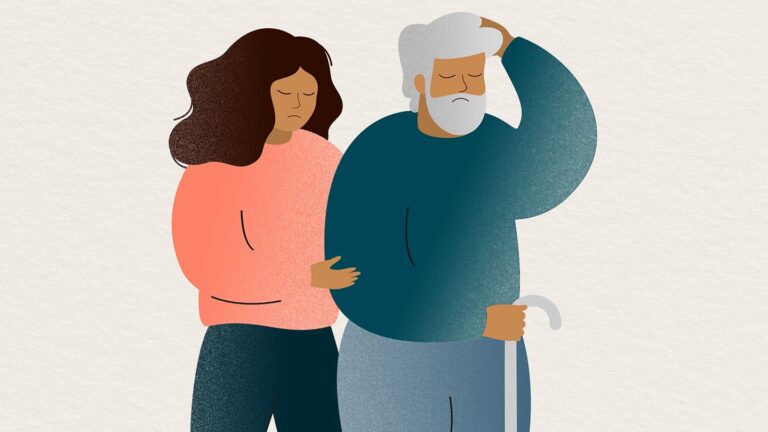
Caregivers of people with mental health or psychiatric conditions are usually the ones having the most silent, least acknowledged struggles inside of society. Imagine an invisible weight pressing down on someone’s shoulders, seen and felt only by them – Caregivers who commit to keeping up with the needs of their loved ones suffering from mental health conditions, find this to be the reality they have to live with. When a crisis strikes, they serve as pillars of strength, unable to rest, managing medications, negotiating mood swings, and bearing the emotional burden of those they are trying to help in silence.
Struggles of a care giver
For a caregiver, it is very rare to have an easy start to the day. The suffering of their loved one would be their first concern as they begin their day as well as the last as they end their night. The routine is set, yet the road ahead is uncertain regarding the unexpected storms and crises that may cross their way. In many ways, caregivers are forced to wake up to the smell of coffee, becoming sharply aware of the difficult realities they must face with unpredictability and chaotic rhythms as they must be on guard at all times.
Financial pressure is another burden that is associated with caregiving. It is more difficult to afford mental health treatment in regions where psychiatric care and medications are expensive or not easily available. Families can run into debts due to medical costs, therapy, and call for travel which leads to caregivers abandoning their dreams, jobs, and savings. The responsibility of catering to a loved one’s needs pushes many caregivers to disregard their own needs as well.
This feeling of self-sacrifice goes beyond the financial realm; it trickles down to their own psychological well-being. Looking after someone who suffering from a mental health condition can create an isolating world where the care recipient’s needs are always paramount. People rarely interact socially, friends are lost, and hobbies become history. To most people who take the role of a caregiver, the feeling of solitude is nearly permanent. They feel overwhelmed by the responsibility of caregiving, and are too tired to seek help for themselves; even if they did want to, they would be unwilling to place their problems onto someone else. Their general well-being is neglected as their heads are filled with the thoughts of worry and obligation.
Emotionally, the caregiver is split between love and frustration. At times, the love one feels for the person they are caring for is immense enough to keep them going. But, with each outburst or episode, frustration and sadness keep building. There is often a painful realization that their loved one may never return to who they once were. This can even come in as short a time as several months, and sometimes over years, as the caregivers grieve for the person they remember, even as they try to support the one before them. Grief is complex and hard for the society to understand and empathize with. Mental health issues keep many caregivers from expressing the difficulties they face, putting them further into isolation.
Acknowledgement of caregivers
Despite these difficulties, the resilience of caregivers is remarkable. Day in, day out, they wake up and commit to being present, sometimes in a good place and other times in the throes of a difficult episode. Their commitment is a testament to human compassion and dedication, and so should be lauded and supported. Still, such sacrifices often go unnoticed too often. The caregivers also get little recognition or appreciation, although it is these same individuals who play a very crucial role in the recovery and stability of people who suffer from mental health conditions.
It’s time for the society to change its outlook on mental health and also recognize the person tending to individuals with such conditions as unsung heroes. Support systems, counseling, and financial aid must be provided to them; they are not just supporters; they are survivors of an emotional journey. Remember that they too need care, patience, and understanding. By acknowledging their efforts and providing them with the help they deserve, we not only uplift the caregivers but also strengthen the very foundation upon which mental health care rests.
The caregiver’s story is, however, much more than just one of sacrifice and burden, it is also a story of steadfast strength, silent love, and unyielding resolve. It is the reminder that when mental health issues leave people in the shadows, there can be an incredibly powerful force of empathy holding everything together, even when the world seems to be coming apart at the seams. And that is a story worth telling above all else.